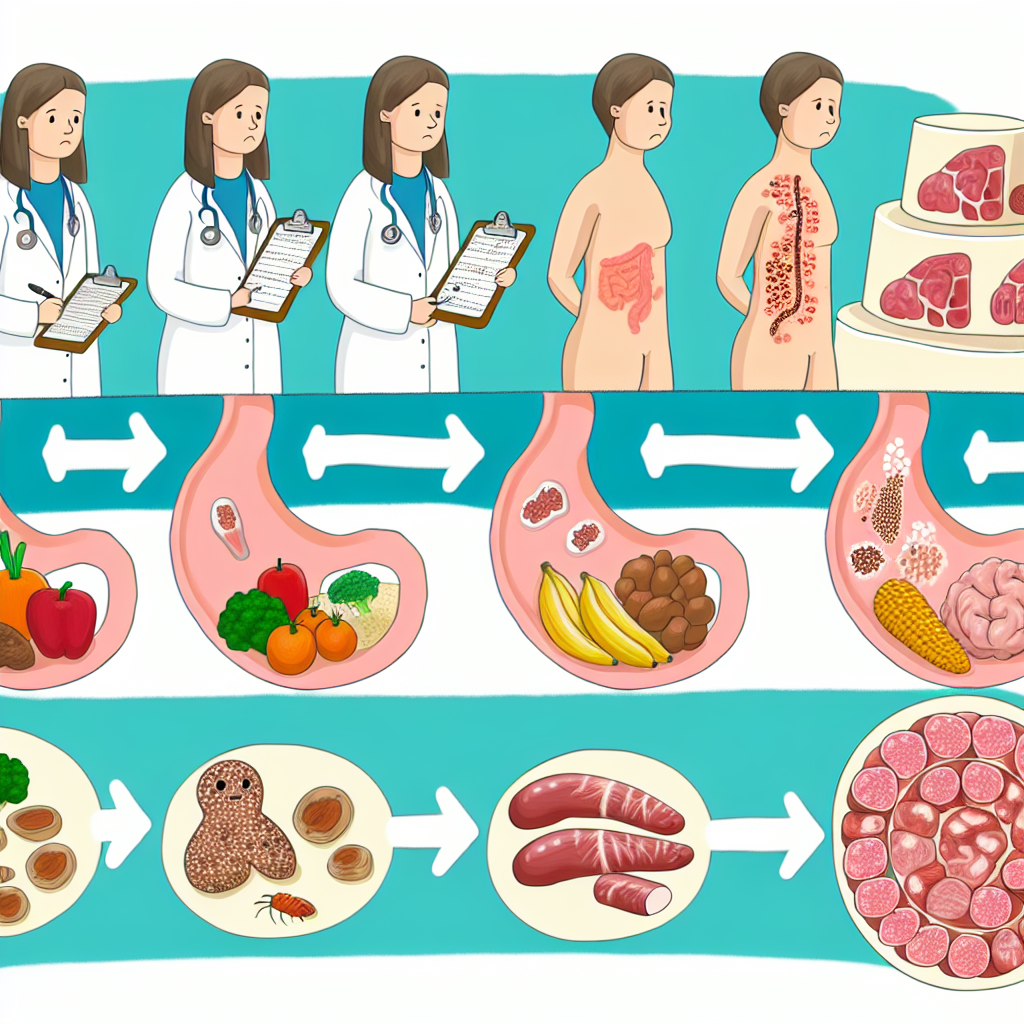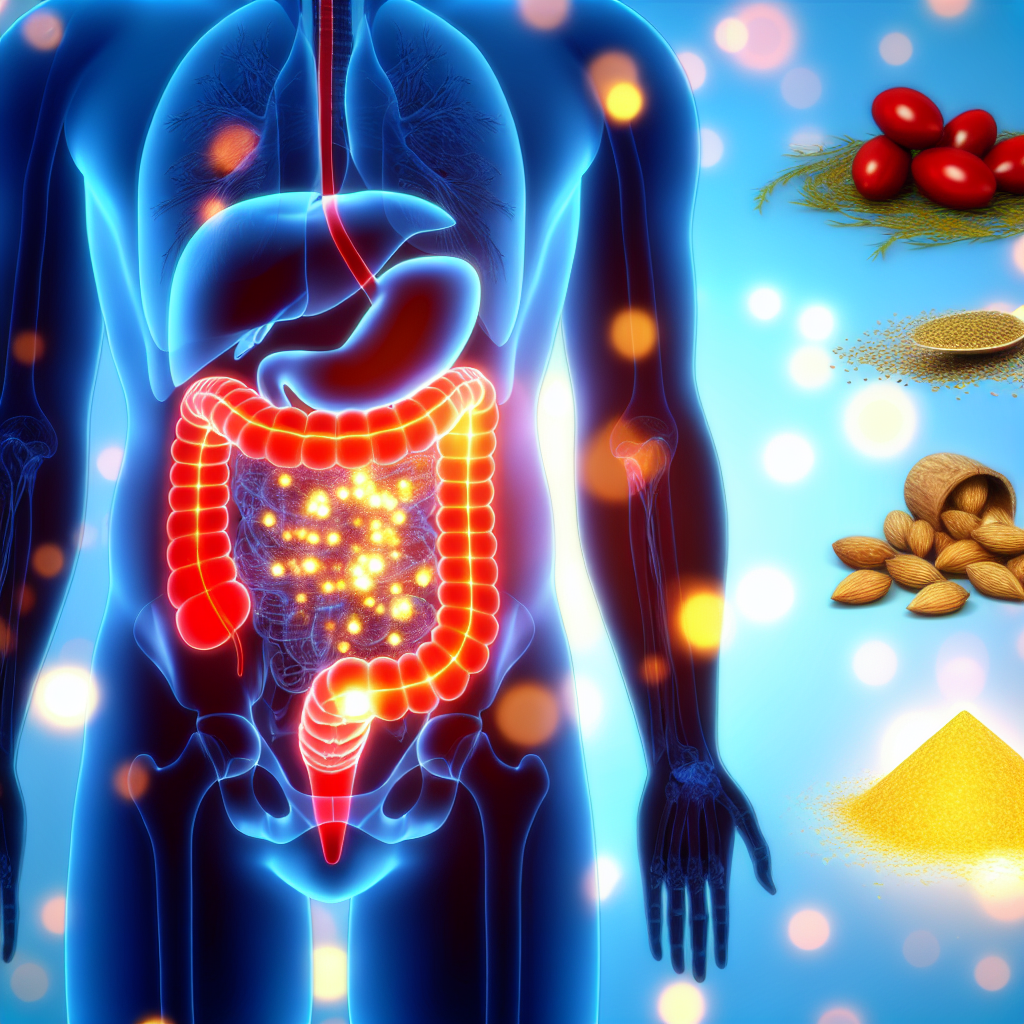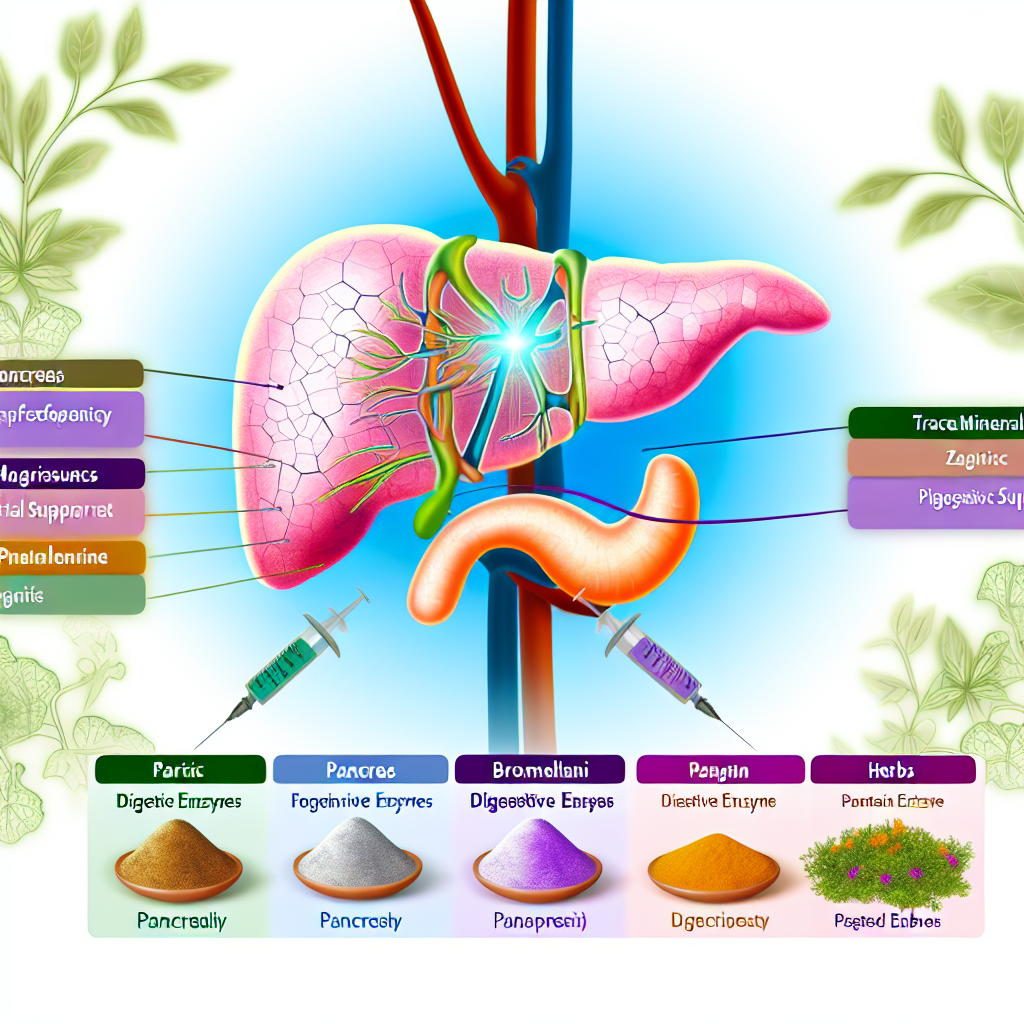Metabolomic Analysis in Digestive Disorders: What Your Metabolites Reveal
Discover the cutting-edge science that’s transforming gut health—from chronic digestive conditions to personalized natural treatments.
Why Metabolomics Is the Future of Gut Health
The human digestive system is an intricate network responsible not only for breaking down food but also for maintaining immune defense, hormone balance, and even brain health through the gut-brain axis. In recent years, the emergence of metabolomics—a novel branch of analytical biochemistry—has opened an unprecedented window into understanding how our gut functions on a molecular level.
Metabolomic analysis provides a snapshot of the metabolites, or small molecules, present in our body at any given time, revealing underlying processes in health and disease. For individuals suffering from chronic digestive disorders such as irritable bowel syndrome (IBS), inflammatory bowel disease (IBD), small intestinal bacterial overgrowth (SIBO), or leaky gut syndrome, metabolomic profiling offers promising diagnostic and therapeutic potential.
Unlike traditional diagnostic methods that focus on symptoms or anatomical abnormalities, metabolomics can identify biochemical imbalances and microbial metabolites that may contribute to disease progression. What makes this field particularly exciting is its ability to assess the dynamic interaction between diet, lifestyle, gut microbiota, and the host’s metabolism. With the growing interest in personalized medicine, metabolomic evaluation is becoming a crucial tool in developing customized treatments, including natural and herbal therapies for gut health.
Natural health enthusiasts and practitioners of integrative medicine are increasingly turning to metabolomics as a way to fine-tune dietary supplements, herbs, and probiotics. From metabolite markers like short-chain fatty acids to amino acid deficiencies and bile acid irregularities, these insights empower both professionals and patients to target the root cause of digestive dysfunctions. Whether you’re grappling with bloating, irregular bowel movements, or systemic inflammation that originates from the gut, understanding your metabolomic profile could be the key to healing.
As we shift from one-size-fits-all diagnostics to truly personalized treatment strategies, metabolomics has the potential to revolutionize how we address gut disorders—especially when combined with time-tested herbal and natural remedies. In this article, we’ll explore how metabolomic analysis works, highlight key findings from recent medical studies, and discuss how individuals can integrate these insights into their natural gut-healing protocols.
Breakthrough Research: What Medical Studies Are Revealing
Recent scientific studies have shed light on the profound implications of metabolomics in diagnosing and managing gastrointestinal conditions.
One of the most compelling studies was conducted by the European Molecular Biology Laboratory (EMBL), which used metabolomic techniques to distinguish healthy individuals from those with IBD based on their fecal metabolite profiles. Researchers discovered significantly altered levels of bile acids, amino acids, and short-chain fatty acids in IBD patients compared to healthy controls, indicating a strong link between metabolite composition and disease activity (Franzosa et al., 2019, Nature Microbiology).
Moreover, a 2021 study published in Gut assessed how metabolomic profiling could be used alongside microbiome analysis to predict flare-ups in Crohn’s Disease. By evaluating levels of metabolites like tryptophan and indole derivatives—key regulators of intestinal immune responses—researchers could identify active disease and even predict future inflammation in asymptomatic patients. These findings demonstrate that subtle biochemical changes can offer early warnings of disease progression (Lloyd-Price et al., 2021, Gut).
Short-Chain Fatty Acids: The Unsung Heroes of Gut Restoration
Another innovative area of metabolomic analysis involves the evaluation of short-chain fatty acids (SCFAs), including butyrate, acetate, and propionate. Produced by the fermentation of dietary fibers by gut bacteria, SCFAs serve as crucial fuel for colon cells and play a key role in maintaining gut integrity.
A deficiency in SCFAs—particularly butyrate—has been linked to a compromised gut barrier, increased inflammation, and symptoms of IBS. A detailed report in Frontiers in Microbiology found that IBS patients had lower concentrations of SCFA-producing bacteria and reduced butyrate levels compared to healthy individuals (Nishitsuji et al., 2019).
These insights pave the way for natural interventions aimed at promoting SCFA production, such as:
- Prebiotic fiber supplementation
- Herbal adaptogens like licorice root and slippery elm
- SCFA-boosting probiotics like Faecalibacterium prausnitzii
The Plant-Based Perspective: How Herbs Like Berberine Influence Gut Metabolites
Herbal medicine is increasingly being validated through metabolomic research. One standout example is berberine—an alkaloid compound found in Goldenseal, Berberis, and other botanicals. Studies utilizing metabolomic profiling have shown that berberine significantly alters bile acid metabolism and improves gut microbial composition.
Notably, it has been found to reduce levels of trimethylamine-N-oxide (TMAO)—a microbial metabolite associated with inflammation and cardiovascular disease—by modifying the gut flora (Zhang et al., 2020, Nature Communications).
This reveals how plant-based compounds don’t just relieve symptoms—they can remodel the metabolic landscape of the gut, supporting long-term healing.
Personalized Healing Made Possible: Why Metabolomics Matters
Collectively, these studies underscore the growing consensus that metabolomics isn’t merely a diagnostic tool—it’s a map of the body’s inner workings before symptoms even appear.
For patients and healthcare providers pursuing natural healing pathways, metabolomics can identify:
- Nutrient deficiencies
- Microbial imbalances
- Toxic exposures
- Metabolic roadblocks
All of which can be addressed through dietary adjustments, herbal remedies, targeted supplementation, and lifestyle modifications.
Conclusion: A Holistic Future Informed by Science
The exploration of metabolomic analysis within the realm of digestive disorders marks a pivotal moment in both conventional and natural medicine. By shifting the focus from symptom suppression to cellular-level understanding, metabolomics empowers patients to take proactive, personalized steps toward gut healing.
It enables the detection of early imbalances, validates the efficacy of natural treatments, and provides measurable outcomes for holistic protocols. As metabolomic tools become more accessible, they are poised to revolutionize how we approach gut health, integrating the best of modern science with the wisdom of nature.
Summary:
Metabolomic analysis is a powerful tool that provides a comprehensive understanding of gut health by examining the metabolites present in the body. This emerging field holds great promise for diagnosing and managing chronic digestive disorders, as it can identify underlying biochemical imbalances and microbial metabolites that contribute to disease progression. Recent studies have uncovered the importance of short-chain fatty acids, bile acids, and plant-based compounds like berberine in maintaining gut integrity and restoring balance. By empowering individuals to take a personalized, holistic approach to gut healing, metabolomics has the potential to revolutionize the way we address digestive disorders, integrating the best of modern science with the wisdom of natural medicine.
References:
Franzosa, E., et al. (2019). Gut microbiome and metabolic activity in IBD. Nature Microbiology
Lloyd-Price, J., et al. (2021). Multi-omics in IBD. Gut
Zhang, X., et al. (2020). Berberine and gut microbiota. Nature Communications
Nishitsuji, H., et al. (2019). SCFAs and gut microbiota. Frontiers in Microbiology

Dominic E. is a passionate filmmaker navigating the exciting intersection of art and science. By day, he delves into the complexities of the human body as a full-time medical writer, meticulously translating intricate medical concepts into accessible and engaging narratives. By night, he explores the boundless realm of cinematic storytelling, crafting narratives that evoke emotion and challenge perspectives.
Film Student and Full-time Medical Writer for ContentVendor.com




